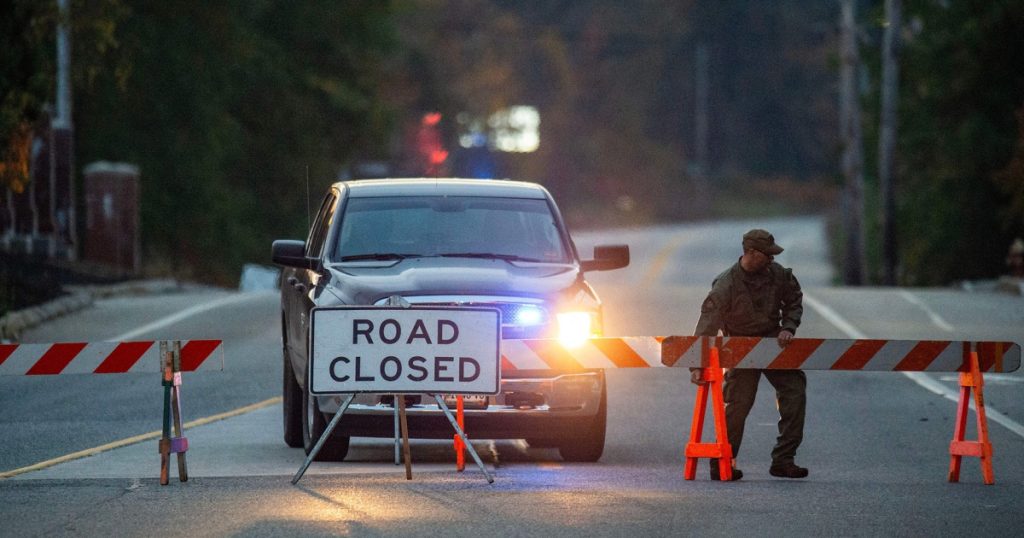The family of the Army reservist responsible for a mass shooting in Lewiston, Maine, in October 2023 has been dealing with the aftermath of the tragedy. The gunman, Robert Card, was found dead by suicide after the shooting, which resulted in the death of 18 people. Prior to the shooting, members of Card’s family had reached out for help due to his erratic behavior and concerns about his mental state. It was later revealed that Card had a traumatic brain injury, likely incurred during his military service as a hand grenade instructor.
The discovery of Card’s traumatic brain injury prompted his family to raise awareness about the issue, specifically within the military community. They have become advocates for Project Enlist, an initiative that encourages veterans and service members to donate their brains for research through the UNITE Brain Bank. The goal is to further study traumatic brain injuries and related disorders among military personnel to improve treatments and testing for living patients. The Herlings, Card’s family, are also in the process of launching their own nonprofit organization, Rising Over Brokenness, to support mental health awareness and brain injury research.
While Card’s traumatic brain injury did not excuse his actions, it shed light on the importance of understanding and addressing such issues within the military. A post-mortem study conducted by the Boston University CTE Center revealed evidence of traumatic brain injury in Card’s brain, likely resulting from his exposure to low-level blasts during his military career. The Herlings hope that their advocacy efforts will help prevent similar tragedies in the future and support those affected by traumatic brain injuries.
In the wake of the shooting, the U.S. Army conducted its own investigation into the events leading up to the tragedy. The report acknowledged multiple errors in how Card’s unit handled him prior to the shooting, as he had exhibited symptoms of psychosis and homicidal ideations. However, the Army denied that any brain-related injury was linked to Card’s military service. The military has since implemented new guidance to minimize blast exposure among service members and improve protective equipment.
Survivors and family members of victims of the shooting have announced their intent to sue the Defense Department, the Army, and an Army hospital for failing to respond to warning signs and threats related to Card’s behavior. The Herlings support these efforts to seek justice and accountability for the survivors and victims. The loss of their loved ones has been devastating for many families, including Leroy Walker Sr., who lost his son in the shooting. Walker commends the gunman’s family for their efforts to bring awareness to traumatic brain injuries and prevent future tragedies.
As the one-year anniversary of the mass shooting approaches, the Herlings and other affected families continue to mourn the loss of their loved ones. They remember the victims and their lives, which were tragically cut short by the senseless violence. The Herlings have dedicated themselves to advocating for mental health awareness and brain injury research, using their experience to educate others and prevent similar tragedies in the future. Through their efforts, they hope to honor the memory of the victims and create a meaningful legacy from the tragedy that occurred in Lewiston.


